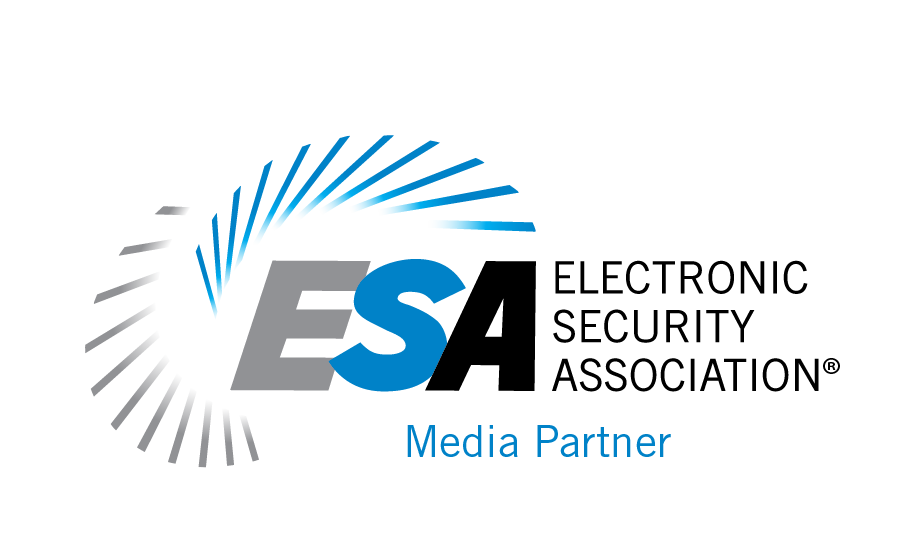ESA and other business associations are supporting efforts of the U.S. Congress to overturn the U.S. Department of Labor (DOL)’s overtime eligibility revisions of the Fair Labor Standards Act (FLSA).
This is one of the top labor issues in Washington, D.C., this summer, according to Director ESA Government Relations John Chwat.
Rep. Virginia Foxx (R-NC) and Sen. Lamar Alexander (R-TN) recently introduced joint resolutions to block implementation of the Overtime Rule. Senate Joint Resolution 34 was introduced on June 7, 2016, and was referred to the Senate Committee on Health, Education, Labor, and Pensions. In addition to Senate Majority Leader Mitch McConnell (R-KY) as a cosponsor, it has already attracted more than 43 senators to support its passage. The House version, House Joint Resolution 95, has been referred to the House Committee on Education and the Workforce with 22 House members as cosponsors. Rep. Foxx is a leader in the Education and the Workforce Committee and is rumored to be selected as chair of the committee next year should the Republicans maintain control. The Senate sponsor, Sen. Alexander, currently is chair of the Senate Committee on Health, Education, Labor and Pensions. It is anticipated that these resolutions will be passed by the end of the year.
Under the Congressional Review Act, contained in the U.S. Code, Congress is allowed to contest rules issued by federal agencies by filing a joint resolution. The joint resolution is then assigned to the appropriate committees and is eventually put to a vote. If a majority vote in favor of the joint resolution and it passes, it will overturn the present rule, which is scheduled to go into effect December 1, 2016, and prohibit the administration from issuing a similar rule without congressional approval.
The Senate Joint Resolution is the product of cooperative efforts from Sen. McConnell, Sen. Alexander, and Sen. Scott. Sen. McConnell has expressed his disapproval of the DOL’s proposed rule since May and has been working diligently with two Republican colleagues to postpone its financial impact on small business until more research can be done.
“Our nation’s overtime rules need to be modernized, but the Department of Labor’s extreme and partisan approach will lead to damaging consequences that the American people simply cannot afford,” Rep. Foxx said. “This resolution will protect workers, students, small business owners, and vulnerable individuals from a rule that will do more harm than good.”
Senate Homeland Security and Governmental Affairs Chairman, Sen. Johnson (R-WI) shares Congresswoman Foxx’s concerns that this is not a solution that will protect the fragile economic state of America. She shared, “The No. 1 component of a solution to the problems facing America is economic growth. Yet a growing federal regulatory burden that imposes as much as $2 trillion a year in costs on the American economy stifles growth. Now, the Obama Administration is adding yet another regulation that will increase costs to businesses, non-profits, and colleges, depress entrepreneurial spirits and cause negative unintended consequences for employees. I urge my colleagues to join me and Sen. Alexander in overturning this harmful rule in order to protect employers and employees in Wisconsin.”
ESA has actively spoken out against the DOL’s rule. As noted within its comments made on September 3, 2015, by ESA President Marshall Marinace, “To raise annual salary across the board for overtime-exempt employees from $23,600 to $50,400 would ultimately have a negative impact on all small businesses, and transfers to employees from employers due to the overtime pay provision are estimated to be $1.435 billion. ESA objects strenuously to the proposed $1.4 billion transfer monies from owners of businesses to employees, which is the real goal of the proposed rule, which will have a real consequence on employees not anticipated by the DOL.”
With Congress taking such a strong stance to actively stop the DOL’s newest rule, it is hopeful there will at least be an additional year to review the new policy’s implications for small business.

